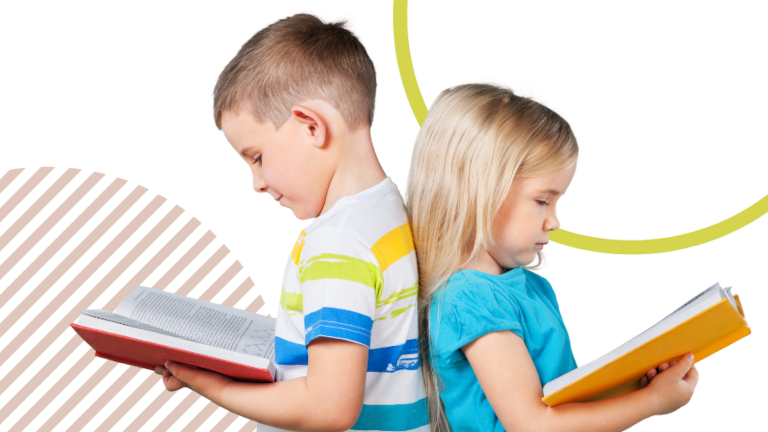In the final 2021 issue of the journal "Psychological Science and Education" (No. 6-2021), two traditional columns are presented – "Psychology of Education" and "Psychology of Development". And the thematic appendix "Psychology of Childhood" edited by Doctor of Psychology (habil.), Professor G.V. Semya.
In the column "Psychology of Education", you can learn about the main stages of the development of the concept of natural science (scientific) literacy; get acquainted with the results of the evaluation of the methodology of the development of the initial mathematical and natural-scientific concepts of students to scientific concepts in elementary school; learn about the results of approbation of the methodology of situational judgments and the study of the educational motivation of modern adolescents in schools with consistently low learning outcomes, and the reasons for the academic failure of children. In the second column "Psychology of Development", one can get an idea of the nature of the relationship between the life perspective of an individual and the formation of psychological readiness for professional activity of psychology students. It also informs on the peculiarities of the perception of multimodal dynamic expressions of the wellbeing of people.
In her opening remarks to the thematic supplement "Psychology of Childhood", Galina Vladimirovna noted:
The articles published in the thematic appendix are united by the fact that they present the results of the research carried out within the framework of the state assignment of the Ministry of Education of the Russian Federation. The Plan of the Government of the Russian Federation for the implementation of the Decade of Childhood (2018 – 2027) announced by the President of Russia states that science today is one of the main mechanisms for determining the direction and content of social policy in the field of childhood. Therefore, a strategy for solving the tasks set in the Government Plan should be determined on the basis of scientific results.
One of them – the development of methodological foundations for the formation of a unified national approach to the definition of social (including educational) practices with proven effectiveness – is performed in a study devoted to the inclusion of qualitative methodology into the movement of evidence-based substantiation of practices in psychology and education. Another study refers to its practical application in teaching gifted children and adolescents.
Another large-scale task that should be solved based on the scientific research is related to the goal of public policy within the framework of the Decade of Childhood – to ensure the well-being of the child, which is determined not only by formal domains with statistical data in the child well-being index but, above all, by the subjective well-being of children themselves. The presented study of subjective well-being in the key areas of a child's life – family, school, peers – allows to identify predictors of well-being for two target groups of 10- and 12-year-old children. Another study with more than 3.5 thousand respondents, proves that conducting surveys among children is one of the prerequisites of the well-being index.
The revealed invariant and variable characteristics in the socio-psychological portrait of a successful foster mothers in a study carried out on a sample of professional foster mothers become the basis of the psychological, pedagogical, and socio-legal substantiation of the variability of psychodiagnostic procedures for examining candidates for foster parents. Therefore, from 2022 it will become mandatory for all who would like to adopt an orphan child into his family.
The thematic appendix presents the direction of the research, which has received the name "Psychology of Orphanhood" in the scientific world in terms of the scientific and methodological development of a system for assessing the readiness of graduates of organizations for orphans and children left without parental care, graduates of foster families for independent living and the success of social adaptation after graduation from organizations and completion of staying with foster families. The articles of the column demonstrate a deep analysis of methodological approaches to assess the readiness and success of pupils and graduates, identify the social attitudes of graduates of children's (boarding schools) regarding the future based on the interviews, define urgent problems of socialization of orphans, and children left without parental care, based on the analysis of 452 case studies of life scenarios of 18-23-year-old graduates, All these studies have a common goal – to equip educational psychologists, social educators and other specialists working with this category of children and young people with modern knowledge and tools, to show work targets in the preparation and support of graduates in their independent life.
I hope that the articles of the "Psychology of Childhood" column will allow the experts to see the scope of the tasks being solved with the help and on the basis of scientific research and innovative approaches and new ideas for the research take in their work in the coming new year.
The full issue of the journal, including the thematic appendix, is available on the portal of psychological publications PsyJournals.ru
